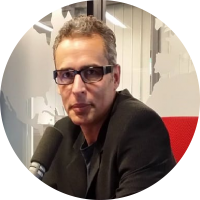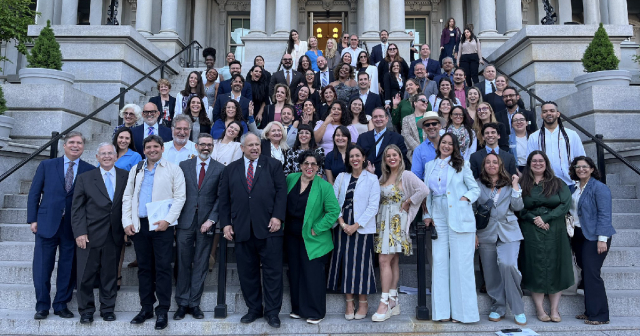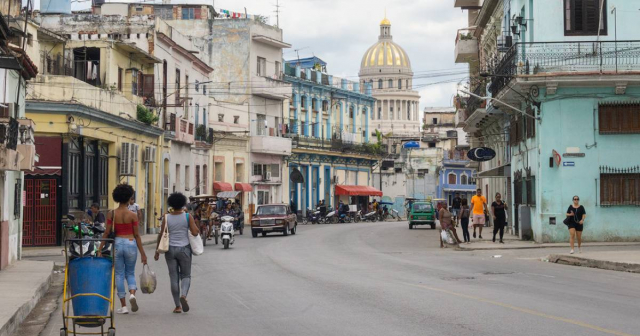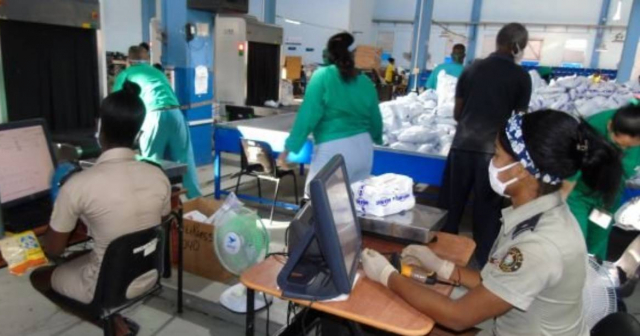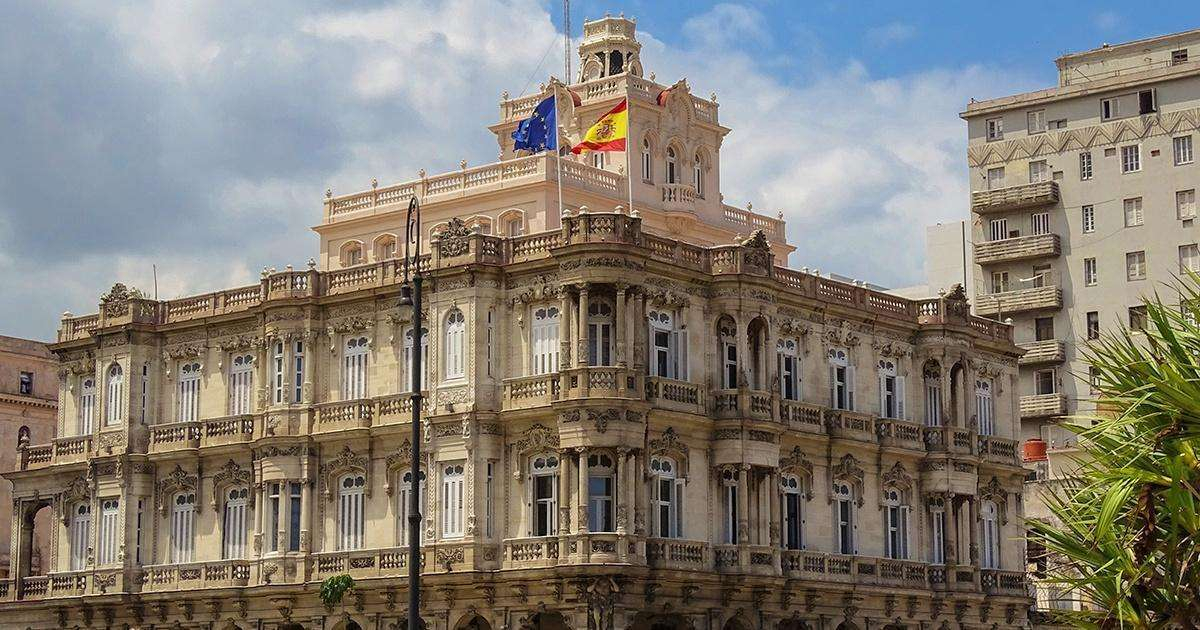
As planned, the Democratic Memory Law, put on hold for almost the entire Legislature due to lack of political consensus, came forward this week in the Congress of Deputies of Spain. The text managed to prevail with the votes of Bildu, Más País, PSOE, Podemos and the abstention of ERC. That is, the left-wing coalition that cuts the cod in the current government.
Naturally, the right-wing bloc has been the protagonist of a tough opposition to the document, described as Orwellian by the Vox deputy Francisco Contreras, who has been dispatched by quoting an entire paragraph from the famous1984, while relentlessly brandishing the numbers of deputies murdered during the republican period by the communists, controlled by Moscow.
The Popular Party (PP) has voted against, showing once again its ideological inconsistency, since it was able to suppress the previous law (2007) when it had an absolute majority; although now he has announced that he will repeal it when he comes to power.
The other opponents of the Law, Ciudadanos, Junts per Catalunya and the Galician Nationalist Bloc, have done so because they have not seen their demands satisfied, which are too radical even for their own government partners. In any case, this disagreement - posturing, as they say here - was intended to save appearances before his most intransigent electorate and would not have changed the result of the vote; since the other heavyweight of the coalition, Esquerra Republicana, had agreed to abstain from the bill, which guaranteed its final approval.
How does it affect Cuba?
Very much. Firstly, because the new law provides in its eighth additional provision a rulewhich allows the acquisition of Spanish nationality for those born outside Spain to fathers or mothers, grandmothers or grandfathers, exiled for political, ideological or belief reasons. Secondly, because it expands rights that groups and associations of descendants in Latin America have been demanding for years.
Specifically, to the sons and daughters born abroad of Spanish women who lost their nationality by marrying foreigners before the entry into force of the 1978 Constitution; without forgetting, finally, the sons and daughters of legal age of those Spaniards whose nationality of origin was recognized by virtue of the right of option contained in the Seventh Additional Provision of Law 52/2007, known in Cuba asGrandchildren Law. If the previous text allowed more than 200 thousand Cuban citizens to acquire a Spanish passport; The current one, if it is not revised by the Senate, will allow access to Spanish nationality for a significant number of Cubans.
You don't have to be a specialist in demography or social sciences to deduce that, given the current total crisis that the onceMost faithful island; The dictatorship's blackmail will not work as it did in 2007, when a good part of those who could acquire Spanish nationality - party militants, soldiers, state sector workers, among others - did not do so for fear of reprisals. The 15 years that have passed since then have amply demonstrated that the current ruling leadership is incapable of providing its population with even a minimal part of the advantages that would be granted to them by a Spanish citizenship that fell from the sky, which suddenly opens up a country crushed and exhausted after more than sixty years of communism, the doors of the world.
How many Cubans could acquire Spanish nationality?
Well let's see. The previous oneGrandchildren Law left out the children of Spanish mothers. Their descendants would make up a good contingent of new Spaniards to begin with. Then there are the older children who were left out the first time; children who in turn have already procreated and whose descendants will also be able to claim nationality, because their grandparents opted for the nationality of origin at the time.
Some time ago we had conservatively calculated that, for example, if there were an expanded nationality law like the Italian one where thethe right of blood does not prescribe, allowing descendants, until 1861, to claim it,The number of people with rights to nationality in Cuba could easily rise to the entire current population. It is the reason why, when the Treaty of Paris was signed, in 1898; One of its articles decreed that the nationality of the natives of the territories ceded or conquered to Spain waswould be determined by the United States Congress.
Now, without having to go that far, considering that, of the million and a half people that made up the population of the island according to the population census carried out by the North American military governor in 1899, more than 150 thousand people born on the peninsula were They registered in the registry of Spaniards - for this reason they and their descendants preserved the right to nationality to this day; but without in any way forgetting the 800 thousand peninsulars who, at least until 1940, increased the Spanish community in Cuba, we can estimate that, today, at least 5 million Cubans could claim it.
And what will happen if this happens?
Well, two important things: First, for Cuba it would mean the end of the dictatorship. Spain, like 1898, is sovereign and freely decides who can or cannot be Spanish. Unless access to the Spanish embassy is forcibly prevented, the Castro leadership, where all its characters, starting with the ruler Miguel Díaz-Canel Bermúdez, are direct descendants of Spaniards, could not oppose everyone completing the consular procedure. correspondent.
Secondly, Spain would have to reform its Constitution by creating - as exists in France - an external constituency. The only known mechanism capable of harmoniously integrating an emigration that already has almost three million Spaniards living abroad into national political life. A community, to which the new beneficiaries of this law would be added, and which could - if a fundamental reform is not carried out - break the current political balances.
Let us remember that the requested vote has recently been repealed and that the dangers of this measure (just enough) were clearly stated by the representative of the Popular Party in Congress, José Antonio Bermúdez de Castro, when he stated before the plenary session of the General Council of Citizenship Spanish Abroad, which seems to me to be evidence: “Until now the vote of Spaniards abroad could change some seats, but now it can change governments.” (Spaniards of Cuba, 2022).
It is neither desirable nor fair that Spaniards abroad, no matter how numerous and friendly they may be, decide the destinies of the entire nation. Much less now when opinion is so polarized and the objectives of each are, as was already the case in the 19th century, so different.
What do you think?
SEE COMMENTS (16)Filed in:
opinion article: The statements and opinions expressed in this article are the exclusive responsibility of its author and do not necessarily represent the point of view of CiberCuba.
